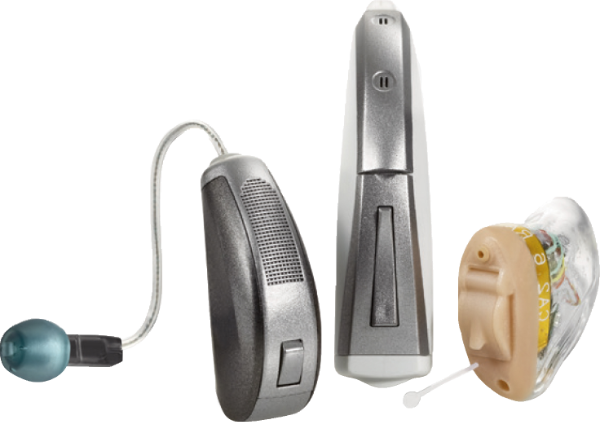What to Do and Expect After Wearing Hearing Aids?

The main concept of a hearing aid is that it is not a magical device. Hearing loss will not be ‘cured’ instantly after you put on hearing aids.
Ear and its components are just an organ that helps to collect acoustic signals and convert it into electrical signals. The signals are then being processed and analyzed by the brain.
When the ears are dysfunctional, the brain will receive less or no auditory sensation anymore. The brain will eventually ‘forget’ how auditory sensation is if hearing loss is not treated.
For example, if you’ve had a severe to profound hearing loss for nine years, then you have not heard or noticed the soft sounds (e.g: air conditioner) for a very long time.
You have lived in a ‘silent world’ without these sounds stimulating your brain. Suddenly when you are correcting your hearing, you will start to hear all those sounds again and it might initially cause discomfort and exhaustion.
Do not stop wearing hearing aids but do these instead:
1. Slowly Increase the wearing time and take a rest
Your brain will get ‘tired’ of processing all the sounds that it can hear again. It requires a lot of energy for your nerve and brain to transmit sounds and process them into meaningful sounds.
What you can do is to set a wearing schedule starting from 3 to 4 hours per day and slowly increase to 10 to 12 hours per day. This process is similar to physiotherapy where your body needs to do exercise every day before full adaptation can be achieved. It takes deliberate practice to reactivate those brain areas in processing the sound throughout the day.
2. Wear your hearing aids in a quiet environment for the first few days
When you’re in a noisy environment, more sound stimulation will be picked up by the brain. The brain needs to work harder to process all those sounds which eventually make you feel tired and uncomfortable.
Start hearing in a quiet environment for the first few days before you start to hear in a more challenging situation like the market or the park.
3. Listen to classical music every day - especially Mozart
In one study, listening to the Mozart sonata K448 for 10 minutes, in contrast to listening to a short story, resulted in enhanced synchrony of the firing pattern of the right frontal and left temporoparietal areas of the brain, which persisted for 12 minutes.
Mozart or classical music is different as it contains many high-frequency notes that is good to stimulate your brain.
4. Practice Reading-Out-Loud for 10 minutes a day
Reading out loud is a very good practice as it can rectify your affected ‘sound memory’ and pronunciation that are affected due to hearing loss. When you have a hearing loss, your brain will alter how you remember speech sounds which cause you to pronounce them differently.
At least 10 minutes a day is enough to train your brain to get back on the right track. Another way is to have someone read to you while you are quietly reading along with the exact same text.
5. Record your hearing experience
Take note of all daily events that causes you discomfort and what makes you happy when wearing the hearing aids.
All these are important for your audiologist or hearing care professional to do technical changes and adjustments to your hearing aid and also for you to monitor your hearing progress.
6. Stick to your aftercare appointment
You are advised to see your audiologist or hearing care professional monthly for the first 3 months as they need to monitor and fine-tune your hearing aids to the optimum level. Let them know how you feel and think so that they can guide you through your hearing journey.
It is recommended for you to service your hearing aids every 6 months. A proper test and care are needed to ensure your device is always in good condition.
In summary, hearing aids won’t improve your hearing and cognitive abilities overnight. It takes work and time to restore your hearing abilities to their possible best. Do not hesitate to contact our audiologists and hearing care professionals if you need a proper consultation.
Reference: Rideout BE, Laubach CM. EEG correlates of enhanced spatial performance following exposure to music. Percept Motor Skills 1996;82: 427-32

 Find Us
Find Us